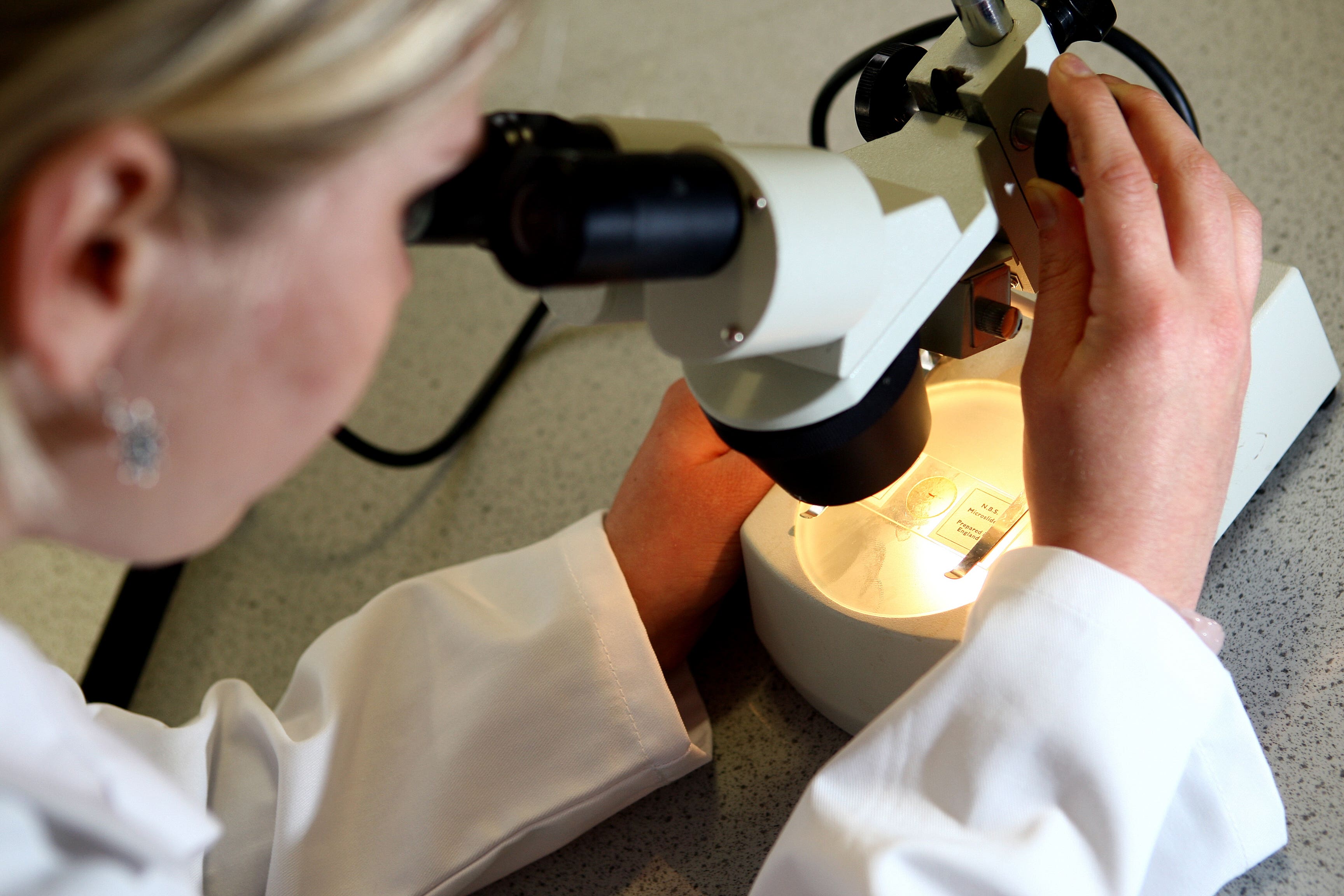Toxins leaking from the gut ‘are damaging fat cells and driving weight gain’
Microbe fragments from the leaky gut are able to enter the blood stream and directly affect how well fat cells function.

Your support helps us to tell the story
From reproductive rights to climate change to Big Tech, The Independent is on the ground when the story is developing. Whether it's investigating the financials of Elon Musk's pro-Trump PAC or producing our latest documentary, 'The A Word', which shines a light on the American women fighting for reproductive rights, we know how important it is to parse out the facts from the messaging.
At such a critical moment in US history, we need reporters on the ground. Your donation allows us to keep sending journalists to speak to both sides of the story.
The Independent is trusted by Americans across the entire political spectrum. And unlike many other quality news outlets, we choose not to lock Americans out of our reporting and analysis with paywalls. We believe quality journalism should be available to everyone, paid for by those who can afford it.
Your support makes all the difference.Fragments of bacteria leaking into the body from the gut are damaging fat cells and driving weight gain, research suggests.
Scientists at Nottingham Trent University have found that these microbe fragments, known as endotoxins, are able to enter the blood stream and directly affect how well fat cells function.
The researchers said their findings, recently published in the journal BMC medicine, help shed light on how endotoxins may drive obesity and associated disease such as type 2 diabetes.
They also added that weight loss interventions such as bariatric surgery “can reverse the damage our gut can pose to our fat cells, which ultimately will have a major impact on our health”.
Endotoxins are toxic substances present inside bacterial cell walls and released when it ruptures or disintegrates.
In a healthy gut, endotoxins are part of the lifecycle of microbes that play a key role in overall human health.
In obese people, the gut barrier is more fragile and can become leaky, allowing endotoxins into the blood and, consequently, other parts of the body.
For the study, the researchers assessed 156 people, 63 of whom were classed as obese.
Our study highlights the importance of the gut and fat as critical interlinked organs that influence our metabolic health
Their aim was to understand how endotoxins played a role in increasing the risk of obesity and type 2 diabetes.
The team collected blood and fat samples from the participants, which also included people with obesity who underwent bariatric surgery.
They examined two types of fat cells: white fat cells, which store energy, and brown-like fat cells, which use energy and are associated with metabolic activity.
They found that white fat cells derived from those with obesity were less likely to transform into brown-like fat cells, compared with fat cells from lean individuals.
The researchers said this is likely to be due to the higher levels of endotoxins found in the blood of participants with obesity.
The team also found that bariatric surgery reduced the amount of endotoxins in the blood of the participants, which was associated with improved metabolic health of the fat cells.
Lead researcher Professor Mark Christian, of Nottingham Trent University’s school of science and technology, said: “Gut microbe fragments that enter the blood stream reduce normal fat cell function and their metabolic activity, which is exacerbated with weight gain, contributing to increased diabetes risk.
“It appears that as we gain weight, our fat stores are less able to limit the damage that gut microbe fragments may cause to fat cells.
“Endotoxin from the gut reduces fat cell metabolic activity and its ability to become ‘brown-like fat cells’ that can be useful to help lose weight.
“Our study highlights the importance of the gut and fat as critical interlinked organs that influence our metabolic health.”
He added: “As such, this work suggests the need to limit endotoxin-induced fat cell damage is even more important when you have excess weight, as the endotoxin contributes to reduce healthy cellular metabolism.”